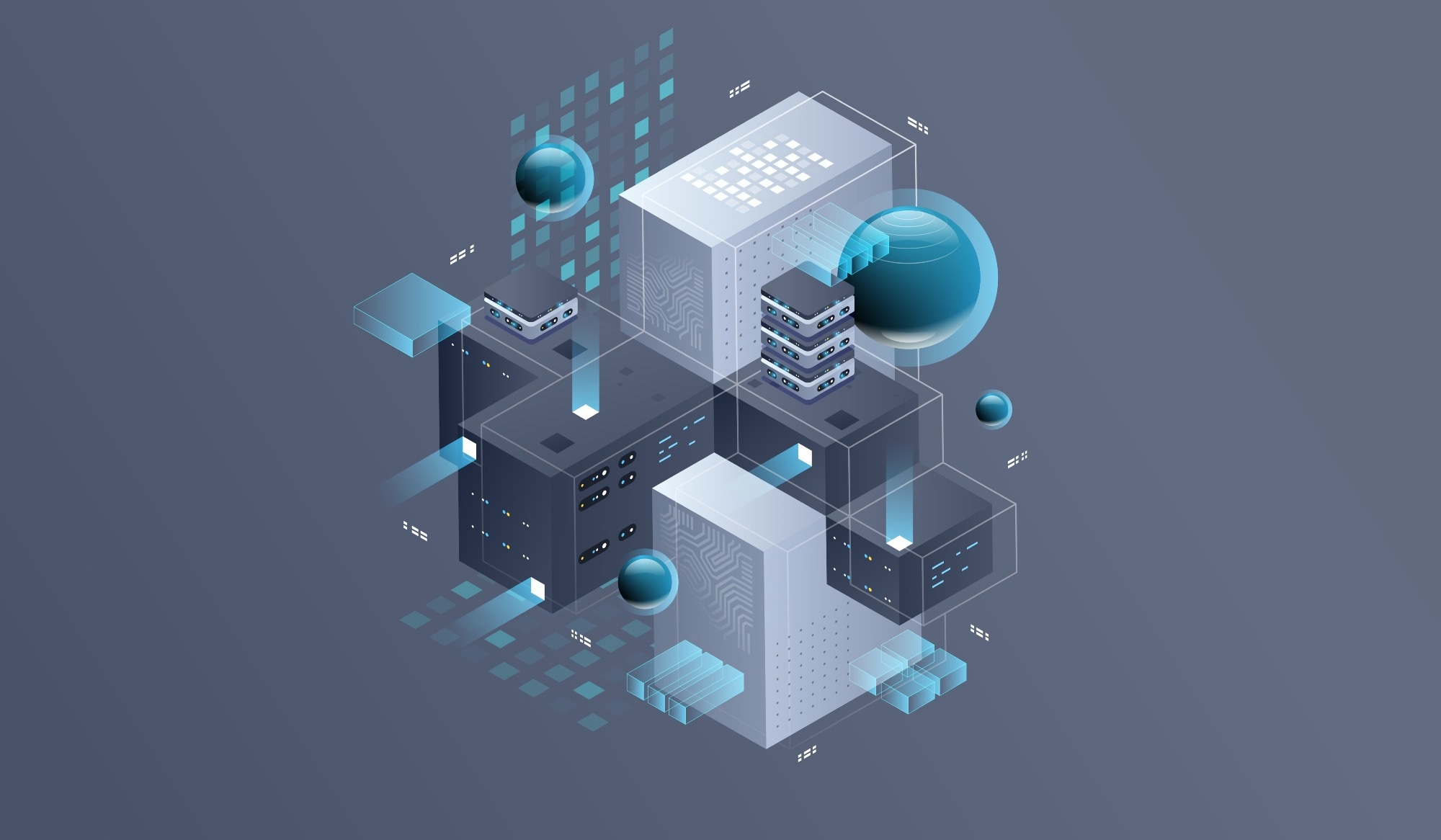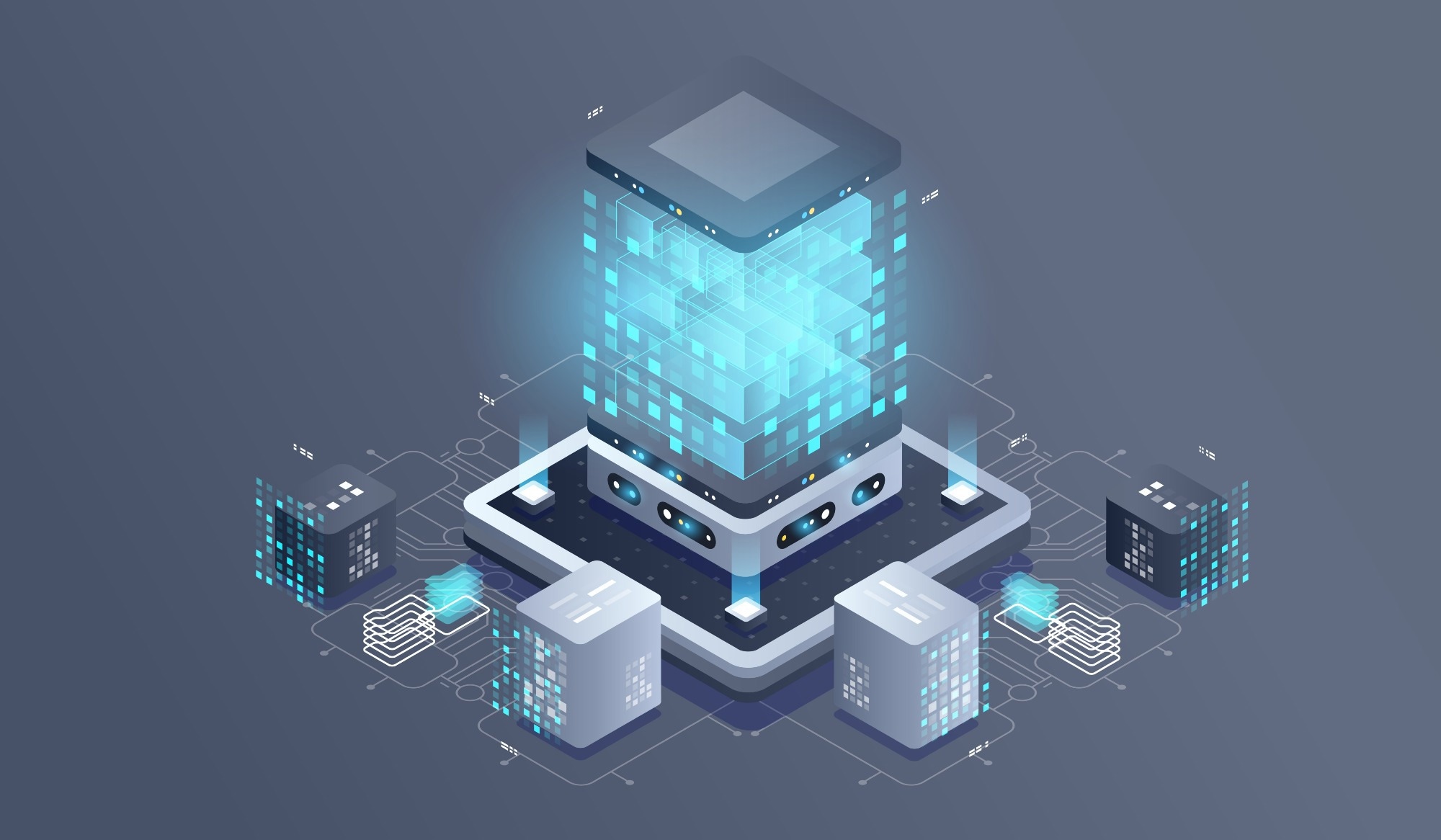 By Joe PicklesOct 11 2022
By Joe PicklesOct 11 2022Mitiq, a recently released toolkit for Python, gathers the most refined error mitigation techniques and compiles them into one free library. The project was a collaboration between numerous experts in quantum computing, and with more updates on the way, it promises to be an important tool.

Image Credit: Andrew Derr/Shutterstock.com
Why Noise Is a Problem
While all electronic systems suffer from noise, random signals that degrade data, the issue is particularly acute when considering quantum computers. Due to their nature, combatting noise in such systems is not only a matter of refining hardware - it must be filtered by software as well.
Qubits, the smallest possible packets of information used in quantum computing, have the potential to become “entangled” with other qubits in the system. This property is fundamental to the way quantum systems work, as interactions with one qubit will affect its entangled partner, allowing for the seemingly instantaneous transmission of information.
However, this is a double-edged sword, as unwanted entanglement is an inevitability. Qubits will entangle with objects that are outside of the system, and this introduces external noise.
Noise can also be introduced through imperfect hardware, thermal radiation, and interaction with electromagnetic fields. These phenomena have negligible effects on normal computers, but the fine scale of quantum computing means that seemingly small disturbances can lead to large decreases in reliability.
The Goal of Mitiq
Researchers have developed numerous methods for removing noise from quantum systems, each employing a radically different strategy from the other. Mitiq’s purpose, as described by the team responsible for its creation, is to give these different methods a unified framework so that they may be easily implemented for noisy quantum computers.
Mitiq is free software and works with Bracket, Cirq, pyQuil, and Qiskit. It is open source and designed to support both existing software and any that may be developed in the future. The noise filtering can be added to a program with just a few lines of code so that users don’t have to struggle with learning the intricacies of Mitiq. It has the potential for more advanced customization as well, so that those with more experience can take full advantage of the framework.
With all these selling points, Mitiq is an exciting event for quantum computing, for both amateurs and those seeking to develop the technology.
The Error Mitigation Methods Available
Mitiq features three main error mitigation methods: Zero-Noise Extrapolation, Probabilistic Error Cancellation, and Clifford Data Regression. Users can decide which of these to use to improve the accuracy of their program, and Mitiq provides an estimate of how successful each method is for a given program.
In Zero-Noise Extrapolation, a program will be altered to run with differing levels of noise. These levels are achieved by increasing the noise in the system to above the normal operating levels. By observing how the result of the program changes as the amount of noise changes, the “true result” which would be given in a noiseless system can be extrapolated.

Image Credit: Andrew Derr/Shutterstock.com
Noise can be introduced by carrying out operations that would have no net effect on an ideal system but will affect quantum computers in a process called Unitary Folding. Noise can also be artificially added to the input, a process called Parameter Noise Scaling. There are many mathematical methods that can be used to extrapolate the zero-noise result, and this array of options makes ZNE optimizable for different types of hardware and software.
In Probabilistic Error Calculation, circuits used by the quantum program are tested individually to obtain a sample of their noisy outputs. This analysis allows the circuit to be modeled as two operators: one which adds noise to the system and one which has the intended effect of the circuit. To reduce the noise, each circuit has a segment added. This segment is the inverse of the modeled “noise-adding operator”, which would theoretically result in neutralizing the noise. In practice, this can only ever be an approximation, but when this process is applied to each circuit used by the program, there is an overall reduction in noise.
In Clifford Data Regression, quantum circuits composed of Clifford Gates (gates that can map Pauli matrices onto other Pauli matrices) are simulated digitally to find an ideal result and simulated using quantum hardware to find a noisy result. By comparing the ideal and noisy results, it can be determined how noise affects the simulation circuit, and this in turn can be used to predict how noise will affect a circuit of a similar structure.
Conclusion
In addition to continuous updates of the free software, the Mitiq team has recently published a paper (this is linked below). This paper guides users on the installation and application of Mitiq, and also details the theory behind each error mitigation method. This is just another step they have taken to ensure the accessibility of their framework. As stated before, this toolkit is essential for making quantum computing reliable, and the focus on ease of use could make Mitiq one of the first steps toward the more widespread application of quantum computing.
More from AZoQuantum: Researchers Demonstrate Quantum Entanglement with Many Atoms
References and Further Reading
S. Johnstun, JF. Van Huele. (2021) Understanding and compensating for noise on IBM quantum computers. American Journal of Physics. 89, 935. Available at: https://doi.org/10.1119/10.0006204
R. LaRose et al. (2022) Mitiq: A software package for error mitigation on noisy quantum computers. Quantum. 6, 774. Available at: https://quantum-journal.org/papers/q-2022-08-11-774/
T. Giurgica-Tiron, Y. Hindy, R. LaRose, A. Mari, W.J. Zeng. (2020) Digital zero noise extrapolation for quantum error mitigation. 2020 IEEE International Conference on Quantum Computing and Engineering. Available at: https://arxiv.org/abs/2005.10921
E. van den Berg, Z.K. Minev, A. Kandala, K. Temme. (2022) Probabilistic error cancellation with sparse Pauli-Lindblad models on noisy quantum processors. IBM Quantum. Available at: https://arxiv.org/abs/2201.09866
P. Czarnik, A. Arrasmith, P.J. Coles, L. Cincio. (2020) Error mitigation with Clifford quantum[1]circuit data. Quantum .5, 592. Available at: https://arxiv.org/abs/2005.1018
Disclaimer: The views expressed here are those of the author expressed in their private capacity and do not necessarily represent the views of AZoM.com Limited T/A AZoNetwork the owner and operator of this website. This disclaimer forms part of the Terms and conditions of use of this website.